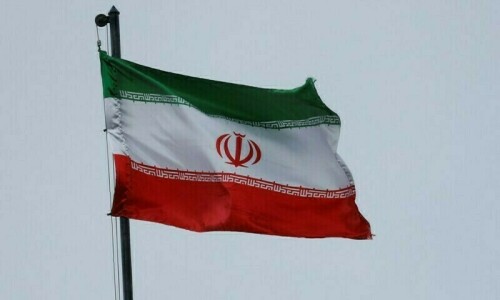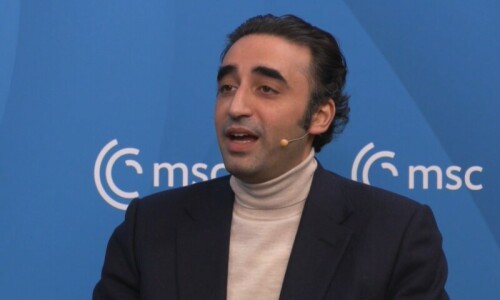JOURNALISTS took to the streets in protest; human rights groups warned against the dangers; and digital rights experts cried themselves hoarse. But it all fell on deaf ears.
And now, after the president’s assent, the Peca amendments have become law, dealing democracy what might as well be termed a death blow. The haste with which this has occurred is astounding. Civil society pleaded for consultations, for a pause, for a moment of reflection. They were met with silence. Now, as the ink dries on this draconian law, the chilling effect on free expression is already setting in. The new law introduces Section 26(A), criminalising so-called fake news — a term left deliberately vague — subjecting individuals to up to three years in prison or fines of up to Rs2m. But what constitutes fake news? Who decides what information is “likely to cause fear, panic, or unrest”? As history has repeatedly shown, such ambiguities do not lend themselves to fair application. The PPP’s support for the legislation marks a spectacular ideological somersault that would score perfect tens in any gymnastics competition. Having once championed press freedom, the party now appears to believe that the best way to protect democracy is to strangle it. Information Minister Attaullah Tarar’s distinction between “working journalists” and citizens who “just pull out their phones” suggests a touching nostalgia for an era when news travelled by horseback.
The government’s claims that these amendments are meant to protect citizens hardly sound sincere. In fact, the establishment of a new National Cyber Crime Investigation Agency and the Social Media Protection and Regulatory Authority makes clear its true intent: unprecedented control over Pakistan’s digital space. This law extends beyond curtailing dissent — it seeks to erase it altogether. It should never have been passed. The government had an opportunity to engage in meaningful dialogue, to strengthen media regulations through fair and transparent mechanisms, and to counter disinformation without trampling on fundamental rights. Instead, it chose coercion over consultation. Pakistan’s journalists, digital activists, and ordinary citizens must now prepare for a long battle against a law designed to silence them. The question is: will the courts, the last line of defence for civil liberties, stand up to this legislative overreach? The answer may well determine the future of free speech in the country.
Published in Dawn, January 30th, 2025














































Dear visitor, the comments section is undergoing an overhaul and will return soon.